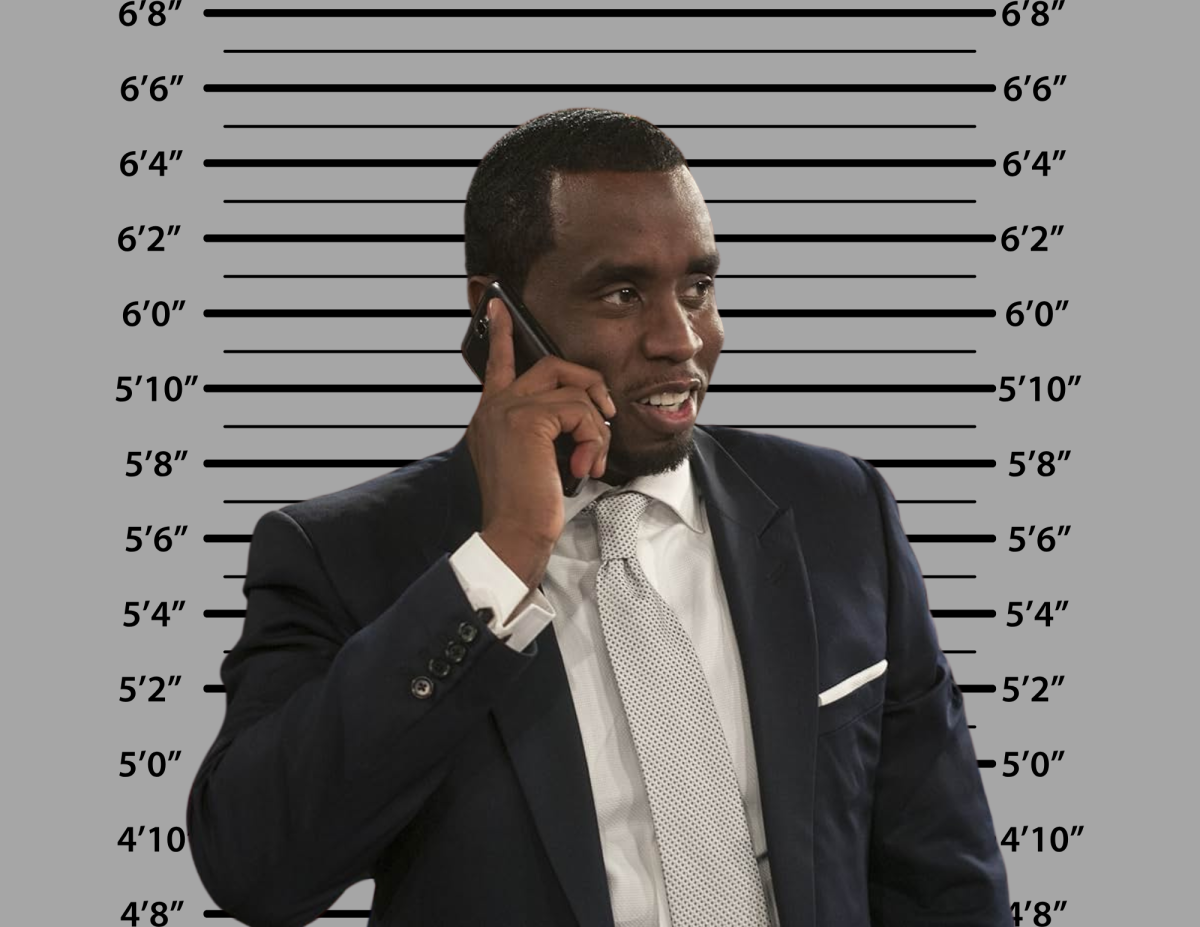Written by David Roman
Why raising the minimum wage to a livable standard is a necessity
Recently Facebook has been been set ablaze by a letter from a firefighter. In the letter the firefighter discusses the disrespect he would feel if, as some want, a $15 minimum wage were to pass and how if he could make $15 an hour flipping burgers why would he want put his life on the line fighting fires.
In truth, this firefighter isn’t the only one to express their frustration online. EMT medics, nurses and servicemen have all gone viral expressing displeasure with a possible minimum wage hike.
But no one is really arguing for a $15 minimum wage. In fact these high wage pushes are generally on the liberal side in large metropolitan city wage debates.
Federally the minimum wage is set at $7.25, here in California it’s at $9 and it varies for other states depending on that state’s general cost of living. But in all honesty, $7.25 should not be considered a livable wage unless you plan on living alone forever.
The federal minimum wage should be raised to a livable standard so that one person working a full-time job should be able to support a small family on just their income.
If someone were working 40 hours a week every single week for year (52 weeks) at the federal minimum wage they would make $15,080 in that year. $18,720 at the California minimum wage.
If you live alone then that’s fine, you would still fall above the Federal Poverty Level threshold for 2015 as outlined by the Department of Health and Human Services which is at $11,770. But what if there is a second person in your household who depends on you? A third?
It’s not a stretch. After all single parent households are fairly common. In 2014 there were over 12 million single parent families. And anyone can have a dependent in the form of an injured parent or spouse or siblings under one’s guardianship. People aren’t exactly solitary animals.
So if you were to have one dependent the threshold then moves to $15,930, which is already out of the range for one year of full-time work or 2,080 hours of work at the federal minimum wage.
If you have two dependents then the threshold moves up to $20,090 putting pretty much anyone with two children anywhere in the country working one full-time job under the poverty line.
This is problematic and worrisome for many reasons. For instance, the status and treatment of women, specifically single mothers, is often used as a gauge of progression or well-being within a country.
Even the Organization for Economic Co-operation and Development, which chooses to focus on economic indicators for it’s ranking of the top 36 countries, argues that the financial inequality in our country is one of the biggest things that hinders our rankings among other developed countries.
The biggest reason most people stand against a raised minimum wage is the effect it would have on our economy. People argue it will speed up inflation, however, one of the Federal Reserve Bank’s main responsibilities is controlling the speed of inflation in our country through interest rates.
Furthermore some believe that raising the wage will leave employers unable to pay all of their employees, leading to layoffs and a higher unemployment.
However if businesses passed the increase in their costs of production on to the consumers they wouldn’t hurt their profits and it’s not like the increased wages won’t help cover the increased costs of products.
To paraphrase an economics professor of mine, wages are always the last prices to increase. The cycle starts with production cost increasing. In this case the product is living: housing, food, transportation and all of these costs steadily rise. It only makes sense wages keep up with them.
In a 2013 report by the Chicago FED, they assert that raising the federal minimum wage to $9 an hour would increase gross domestic product by 0.3 percent, offset already increasing consumer prices and eventually increase aggregate household-spending.
Another argument against a proposed minimum wage hike would be the hierarchy of jobs. Entry level jobs are often seen as something that high school and college students who need disposable income take. Entry level jobs are the jobs that no one really wants.
However, things have changed. Since the Great Recession we have seen all sorts of people in the entry level jobs. Entry level became the new normal. But even before the recession, despite the entry level stigma, we saw adults who likely have families working these jobs.
Adults who either don’t have a high school degree or perhaps a recently divorced woman who’s never worked a day in her life, or even disabled workers are people who have long since been flipping burgers or ringing you out at a drugstore. Why should these people not be entitled to a livable wage?
Why should anyone living in the richest country in the world be denied a livable wage if they are willing to put in the labor?





